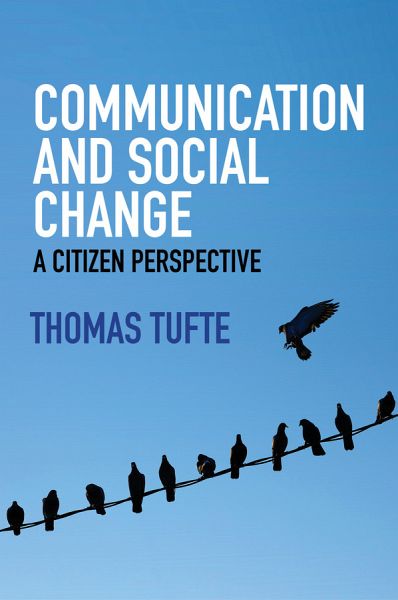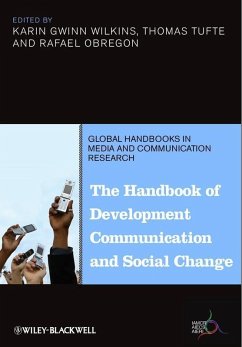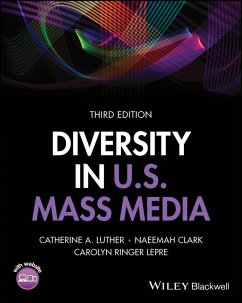
Communication and Social Change (eBook, ePUB)
A Citizen Perspective
Versandkostenfrei!
Sofort per Download lieferbar
17,99 €
inkl. MwSt.
Weitere Ausgaben:

PAYBACK Punkte
0 °P sammeln!
How do the communication practices of governments, NGOs and social movements enhance opportunities for citizen-led change? In this incisive book, Thomas Tufte makes a call for a fundamental rethinking of what it takes to enable citizens voices, participation and power in processes of social change. Drawing on examples ranging from the Indignados movement in Spain to media activists in Brazil, from rural community workers in Malawi to UNICEF s global outreach programmes, he presents cutting-edge debates about the role of media and communication in enhancing social change. He offers both new and...
How do the communication practices of governments, NGOs and social movements enhance opportunities for citizen-led change? In this incisive book, Thomas Tufte makes a call for a fundamental rethinking of what it takes to enable citizens voices, participation and power in processes of social change. Drawing on examples ranging from the Indignados movement in Spain to media activists in Brazil, from rural community workers in Malawi to UNICEF s global outreach programmes, he presents cutting-edge debates about the role of media and communication in enhancing social change. He offers both new and contested ideas of approaching social change from below, and highlights the need for institutions governments and civil society organizations alike to be in sync with their constituencies. Communication and Social Change provides essential insights to students and scholars of media and communications, as well as anyone concerned with the practices and processes that lead to citizenship, democracy and social justice.
Dieser Download kann aus rechtlichen Gründen nur mit Rechnungsadresse in A, B, BG, CY, CZ, D, DK, EW, E, FIN, F, GR, HR, H, IRL, I, LT, L, LR, M, NL, PL, P, R, S, SLO, SK ausgeliefert werden.












